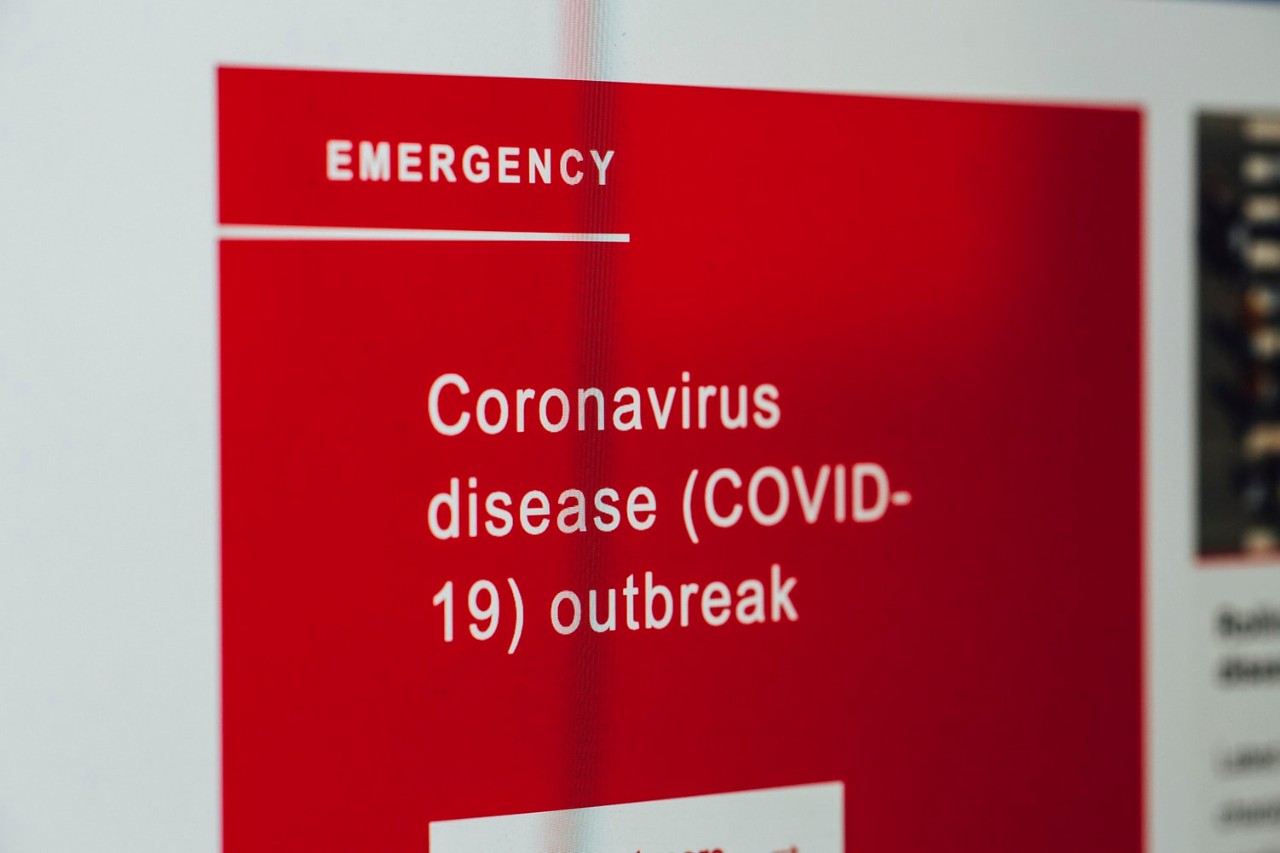
HuffPost: Is there any way to reduce your risk of long COVID if you get sick?
UC expert says early diagnosis and treatment are essential
Since the start of the pandemic two years ago, it’s become more and more difficult to avoid COVID-19, especially as the virus has mutated to become more contagious. We know that high-quality masks help and vaccination drastically reduces our odds of contracting the coronavirus and developing serious illness.
But given the nature of extremely contagious respiratory viruses such as SARS-CoV-2, infectious disease specialists say that most of us will, at some point, get infected. And as the reality of living with endemic COVID sets in, many of us have grown increasingly concerned about getting long COVID if and when that infection occurs.
In a story on long COVID posted by HuffPost, Richard Becker, MD, professor and director, UC Heart, Lung and Vascular Institute and UC Division of Cardiovascular Health and Disease at the UC College of Medicine was one of the experts cited.

Richard Becker, MD, professor and director, UC Heart, Lung and Vascular Institute and UC Division of Cardiovascular Health and Disease/Photo/Andrew Higley/UC Creative + Brand
HuffPost reported because doctors are still researching what causes long COVID in the first place, we don’t have any treatments specifically designed to prevent long COVID. As of now, the best way to prevent a lingering case of COVID — aside from not getting COVID in the first place — is to get vaccinated and start treatment as soon as possible if you do get sick.
"Vaccination and possibly early use of oral antiviral drugs are the most tangile and science-based means to prevent long COVID," Becker said.
The oral antivirals available to treat COVID should be started within five days of symptom onset. The monoclonal antibody infusion is designed to start within seven days. These medications arrest viral replication and reduce the amount of virus in your body.
“Early diagnosis and treatment with oral antiviral medication or possibly polyclonal antibody may be particularly important for preventing long COVID. This may be the case even for infections producing mild or mild-to-moderate symptoms,” Becker said.
Becker was also cited as a source in a story on long COVID published by the Tampa Bay Times. See that coverage here.
Impact Lives Here
The University of Cincinnati is leading public urban universities into a new era of innovation and impact. Our faculty, staff and students are saving lives, changing outcomes and bending the future in our city's direction. Next Lives Here.
Stay up on all UC's COVID-19 stories, or take a UC virtual visit and begin picturing yourself at an institution that inspires incredible stories.
Related Stories
'Paradigm-shifting' study confirms effectiveness of long-acting HIV treatment
February 26, 2026
The results of a clinical trial involving the University of Cincinnati, recently published in The New England Journal of Medicine, show people failing HIV treatments with oral medications were able to be treated successfully using injections.
How do horses whinny?
February 26, 2026
A horse makes the low-pitched part of its whinny by vibrating its vocal cords — similar to how humans speak and sing — and the high-pitched part by whistling with its voice box, according to a new paper published in the journal Current Biology and featured in Smithsonian magazine.
UC receives grant for AI use in medical education
February 26, 2026
The University of Cincinnati is turning to artificial intelligence to help solve a problem in medical training. The College of Medicine was awarded a grant valued at more than $1 million to use AI in advanced physician training through personalized learning.
